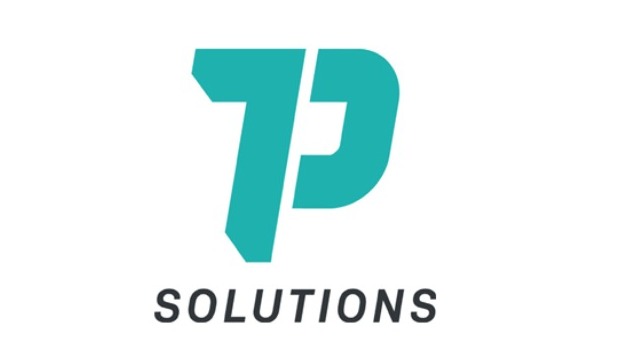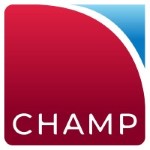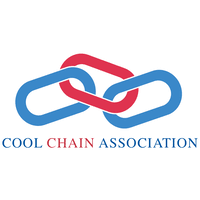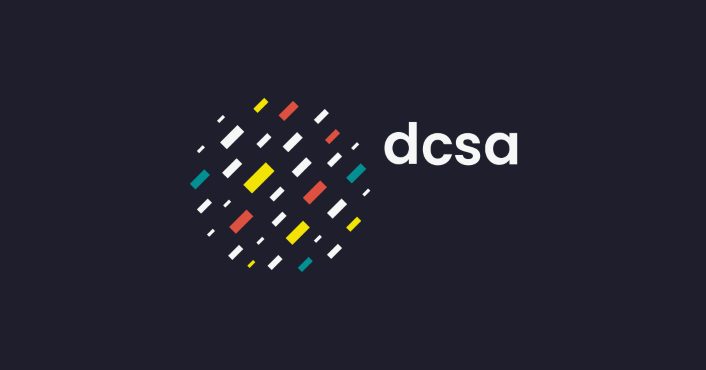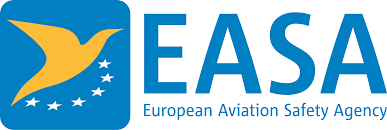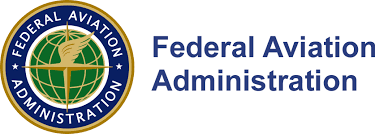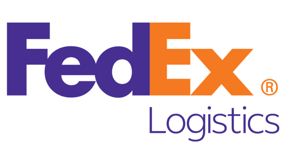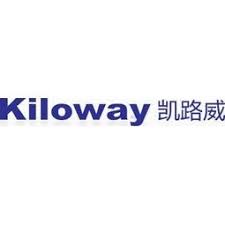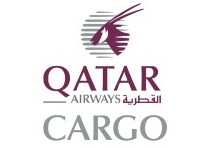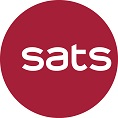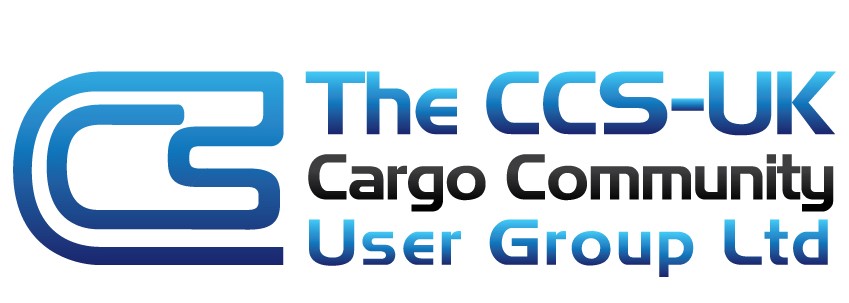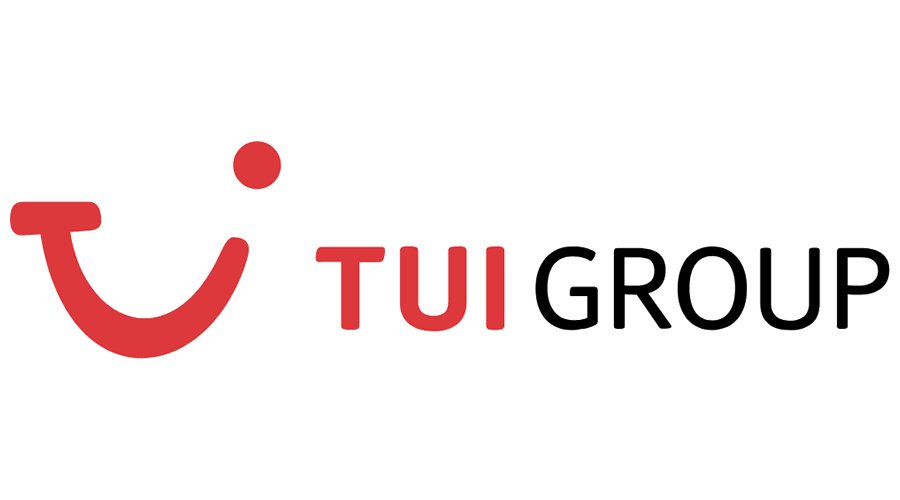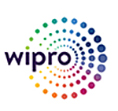Need Help?
Making Cargo Talk
Providing the industry with interactive cargo capabilities is essential for enhancing the value proposition of air cargo and leveraging the growth in e-commerce and specialized cargo. Air cargo providers require detailed information at the individual piece level to proactively address customer and regulatory requirements. This holds true for all product types and is increasingly crucial for Special Cargoes, including pharmaceuticals, perishables, live animals, and high-value items.
IATA Cargo Interactivity Solutions
- Centralized database of airline-approved tracking devices: Comprehensive directory of approved devices in ONE Source
- IATA Air Cargo Device Assessment: New IATA validation program to speed up and streamline device manufacturer approval process available in ONE Source
- Download the ONE Source Manual (pdf)
Need Help?
Need Help?
IATA Air Cargo Device Assessment
The IATA Air Cargo Device Assessment* is a validation program designed to streamline and expedite the approval process of air cargo tracking devices and data loggers for manufacturers.
The assessment ensures that the devices comply with the IATA Recommended Practice 1693, which includes guidelines for device approval related to electromagnetic compatibility and battery safety.
*This assessment does not substitute airline approval for device use on board.
Benefits for Stakeholders
Device manufacturers
- Streamlined device approval process
- Elimination of repetitive work for device approval
- Easier access to airline contacts for device approval
- Increased device manufacturer visibility on the market
Airlines
- Global safer use of air cargo devices
- Simpler internal approval processes
- Eliminate multiple sources of information on approved devices
Shippers, forwarders
- Access to one centralized database on approved devices
- Easier planning of routing and carrier choice
Frequently Asked Questions
Which types of air cargo tracking devices and data loggers are eligible for assessment under this program?
All devices and data loggers that are battery powered and /or transmit data collected by the device.
What are the detailed safety standards and compliance requirements that devices must meet to pass the assessment?
Please refer to the Device approval request form (excel) listing all necessary documents.
Are there specific industry standards or regulations that the assessment aligns with?
The assessment is based on the Recommended Practice 1693 and ensures that the devices comply with the requirements defined by this RP.
What is the step-by-step process for submitting a device for assessment by device manufacturer?
Please refer to ONE Source User manual (pdf), IATA Air Cargo Device Assessment section.
How should airlines integrate this assessment program into their existing approval processes for cargo tracking devices?
Ideally, airlines shall channel all approval requests via the ONE Source platform to ensure a standardized way of device approval and a Centralized database of approved devices.
Airlines shall also create a specific role on ONE Source for device approval.
Is there a dedicated support team or contact point for inquiries related to the assessment program?
If you have any questions regarding the IATA Air Cargo Device Assessment, please contact us at interactivecargo@iata.org.
Standards & Guidance
- Recommended Practice - IoT device data sharing in air cargo: This recommended practice establishes a common vocabulary for air cargo, facilitating cargo interactions using IoT devices. It enables data sharing among supply chain actors by integrating these data elements into the ONE Record data model available on the IATA Cargo GitHub.
- Recommended Practice - Approval of Portable Electronic Devices for Air Cargo: This recommended practice introduces a simplified and standardized approval process for using portable electronic devices onboard aircraft. The standard approval request form - outlining the minimum information and supporting documents that device manufacturers should provide to airlines when requesting approval for their devices - Download the device approval request form (excel) published as part of the Recommended Practice Approval of Portable Electronic Devices for Air Cargo.
- These recommended practices are included in the Cargo Services Resolution Manual.
- Standard Operating Procedures for Cargo Interactivity: These documents provide guidelines to the industry stakeholders on IoT device handling and IoT data sharing.
- Guidance Document on device circularity: This guidance document addresses this pressing issue by providing manufacturers and stakeholders in the air cargo industry with comprehensive information on the proper end-of-life management of these devices and offers a clear set of recommendations to ensure environmentally responsible practices in the industry.
- Amendment to the Recommended Practice 1601 Conditions of Carriage for Cargo: As the Internet of Logistics is becoming a reality, the legal landscape needs to evolve. This amendment specifies the conditions to use IoT devices for air cargo.
- Declaration rules of Electronic Monitoring Devices (EMD) in the AWB: Using unauthorized cargo tracking devices may result in cargo hold, delay or return, and increase the safety risks associated with lithium batteries and electromagnetic interferences onboard aircraft. Therefore, IATA has defined the declaration rules for EMD, ensuring that the Electronic Airway bill includes the EMD code and relevant details of the device; and that a comparative check is performed, and tracking device/data logger information is validated against the booking. Please check the IATA Cargo Handling Manual for further details.
Pilots
Pilot projects aim to validate the following areas of cargo interactivity:
- Real-time cargo tracking for shipments requiring special handling
- Visibility, tracking and alerts at the piece level
- Smooth border crossing by data sharing and logistics transparency
- Real-time tracking through a web platform compliant with the IATA ONE Record data model
- IoT data collection, distribution, and reporting
Interactive cargo pilots - lessons learned so far (pdf)
If you wish to take part or propose your own pilot project, please contact us.
